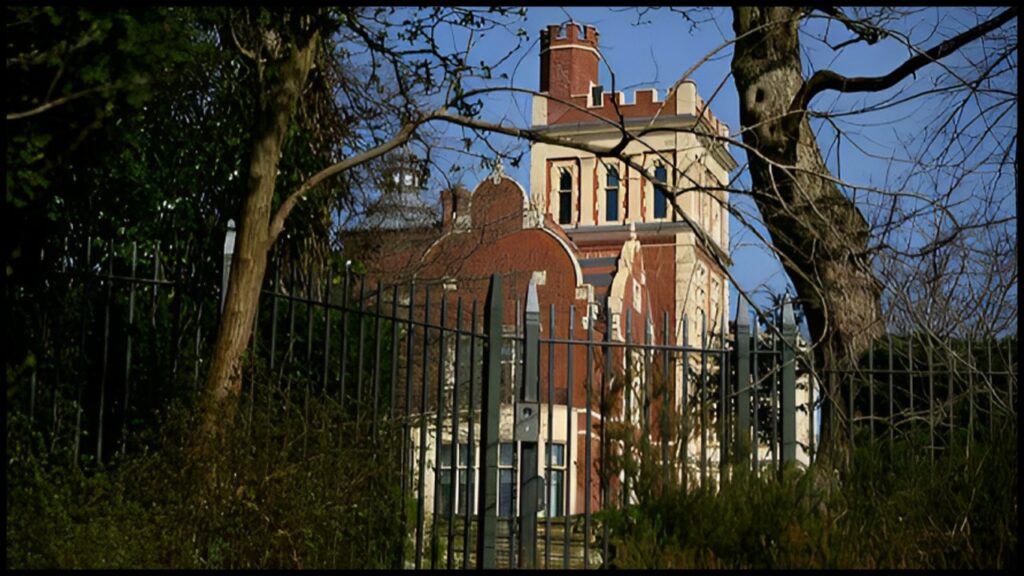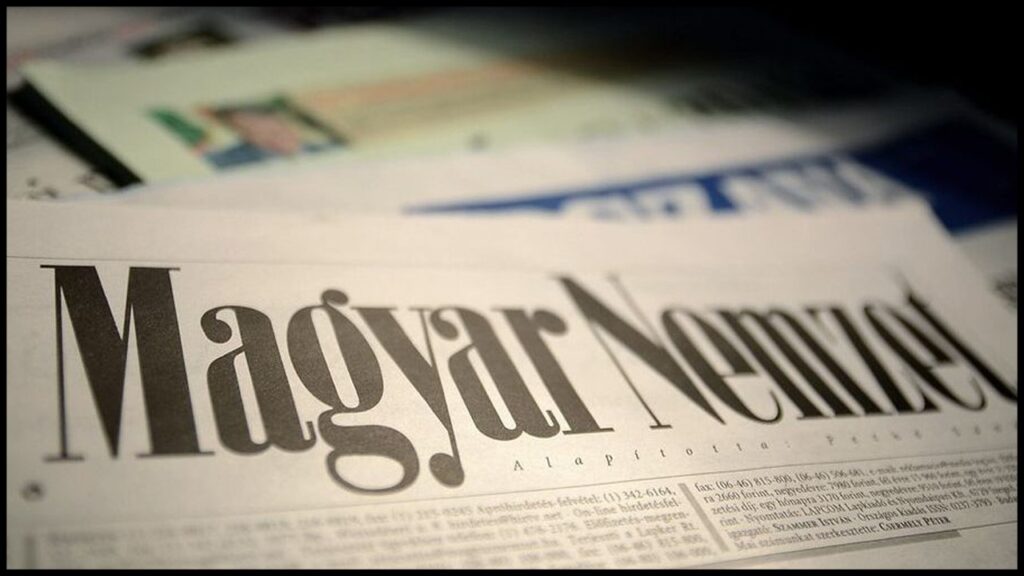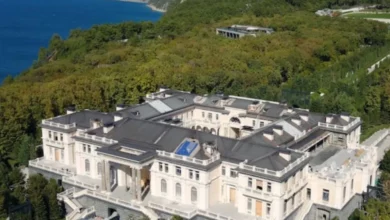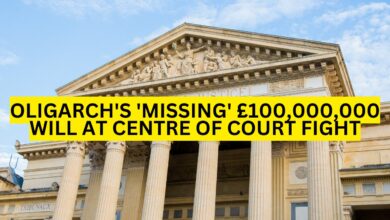Billionaire Mikhail Fridman loses a High Court battle over 168-year-old house care for a £44 million art collection
High Court Verdict: Billionaire Mikhail Fridman's Loss in Battle for 168-Year-Old Mansion and £44 Million Art Collection
The UK sanctions agency has lost its High Court case against Russian-Israeli billionaire Mikhail Fridman, who has won formal authority. The controversy centers on the agency’s refusal to approve funding for the upkeep of a London home that is home to a pricey £44 million art collection.
Originating in Ukraine, the businessman filed a lawsuit after the Treasury’s Office of Financial Sanctions Implementation (Ofis) declined to approve monthly payments of £30,000 to maintain Athlone House, a valuable Victorian estate in North London’s Highgate neighborhood, for operating costs.
Additionally, the office denied Billionaire Mikhail Fridman’s requests to pay a monthly charge of £1,850 for the use of an integrated lighting, heating, and communication system and for paying the salaries of non-security staff members.
Legal representation for billionaire Mikhail Fridman argued that the decisions were erroneous, claiming that the 168-year-old historic property he purchased in 2016 is vulnerable to neglect.
According to the office, it turned down requests for expenditures meant to keep billionaire Mikhail Fridman’s living standards from before the sanctions. Additionally, because its sole director, Nigina Zairova, is also subject to sanctions, it declined payments to Athlone House Limited (AHL), a business in charge of maintaining the property.

Judge Saini dismissed Billionaire Mikhail Fridman’s legal challenge in a written decision on Thursday, stating that Ofis had acted in a reasonable and legitimate manner and had not taken any “procedurally unjust actions.”
According to the judge, approving payments to a sanctioned person’s organization would “compromise” the effectiveness of the sanctions system.
It was noted by him that the money that Billionaire Mikhail Fridman was demanding were “relatively small” in comparison to the much bigger amounts—many millions—that Ofis had already granted.
The judge pointed out that Athlone House, built in 1855, had a five-acre planted garden with a Versailles Palace motif. After he bought the dilapidated 33,173-square-foot mansion, billionaire Mikhail Fridman spent a lot of money renovating it, and today the home is home to a significant cultural collection of art.
Mr. Justice Saini said in English that billionaire Mikhail Fridman was no longer contesting Ofis’s refusal to pay his driver’s charges. Although Fridman has since left the UK, his legal team’s argument that this denial was predicated on his ability to use public transit is no longer in dispute.
The billionaire left the United Kingdom for Israel and then traveled to Russia, as the judge mentioned during a hearing earlier this month. The billionaire’s attorneys told the court that he intended to return to the United Kingdom, but the judge ruled that this was not conceivable because he was considered a “excluded individual” under immigration laws.

Billionaire Mikhail Fridman’s financial assets were seized in March of last year because of his alleged ties to President Vladimir Putin at the time of Russia’s invasion of Ukraine. The businessman disputes being called an oligarch, denies any connection to Mr. Putin, denies identifying as “pro-Kremlin,” and opposes Russia’s military operations, as evidenced in court.
In September, Billionaire Mikhail Fridman’s “designation” under the sanctions was changed to refute claims that he was associated with the Kremlin.
In written submissions, his lawyer, Rachel Barnes KC, claimed that Mr. Fridman’s continued involvement with Alfa Bank Russia in previous roles is the reason he is still on the sanctions list.
According to Ms. Barnes, Ofis ought to have approved the payment of “fair charges” to an organization in charge of the “complex process” of “regularly managing and upkeeping” the property.
She said: ‘The utility costs at Athlone House exceed those of many properties, but it is a unique property with unique needs for communications, IT, lighting, heating and security, not least in light of its art collection.
Ms. Barnes had previously said that Mr. Fridman, whose estimated net worth is £8.2 billion and who frequently appears on the Sunday Times Rich List, needed a personal driver for security-related reasons.

Ofis had already accepted the need for security services and granted a payment of £18,500 for TV, audio, and phone line services. Ms. Barnes stated that on September 1st, there was a security problem.
In written declarations, Malcolm Birdling, speaking on behalf of Ofis, said that they had previously approved monthly payments of £1,974.43 for CCTV and £24,083 for hiring seven security guards.
He said Ofis ‘rationally’ concluded that ‘an estate director/manager, six housekeeping assistants, two handymen and one individual providing ad hoc services’ are not necessary to maintain the house.
He added that Mr Fridman has ‘a strained and unrealistic interpretation’ over what counts as ‘basic needs’ under the sanctions regime.
The lawyer added that Mr. Fridman had not provided sufficient information about the intent behind entertainment and security fees in relation to payments for housekeeping.
Before moving to London in 2015, Mr. Fridman accumulated his money in Russia primarily through Alfa Group and Letter One firms, which were involved in banking, retail, energy, and telecommunications.
Permission to appeal the National Crime Agency’s December 2017 search of Athlone House in the High Court was given to him in July.
READ MORE:
- New Mercenary Force Joins Putin’s Arsenal: What Does It Mean for the World?
- Dutch Foundation Scandals: Peeling Back the Layers of Criminal and Oligarchs Wealth
- Russian Oligarch Mikhail Fridman Relocate From UK to Israel and Back to Moscow
- Ukraine-Russia Conflict Enters Stalemate: What’s Next?







